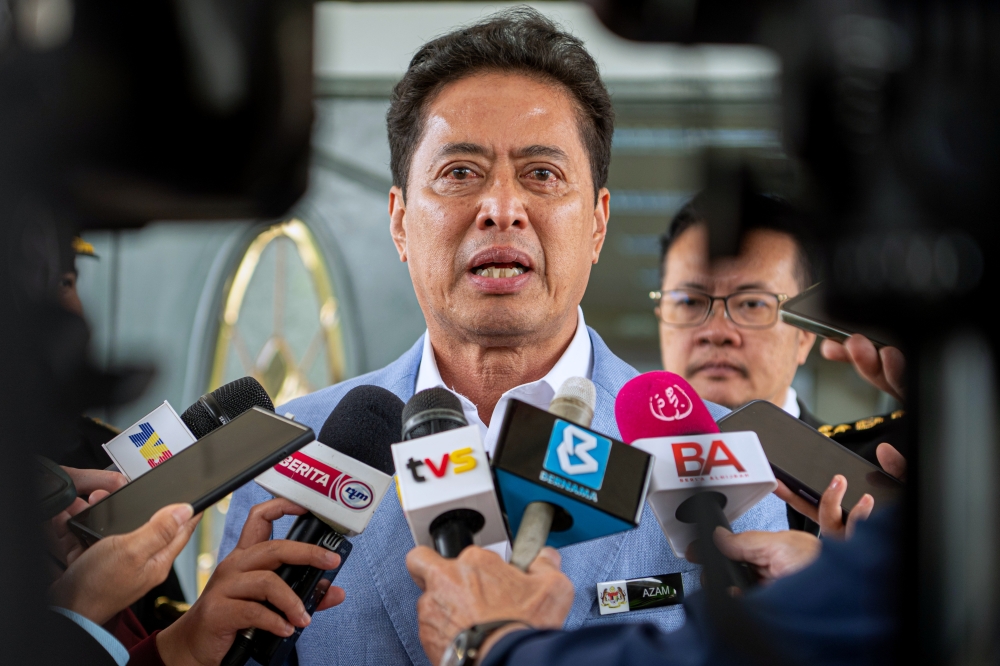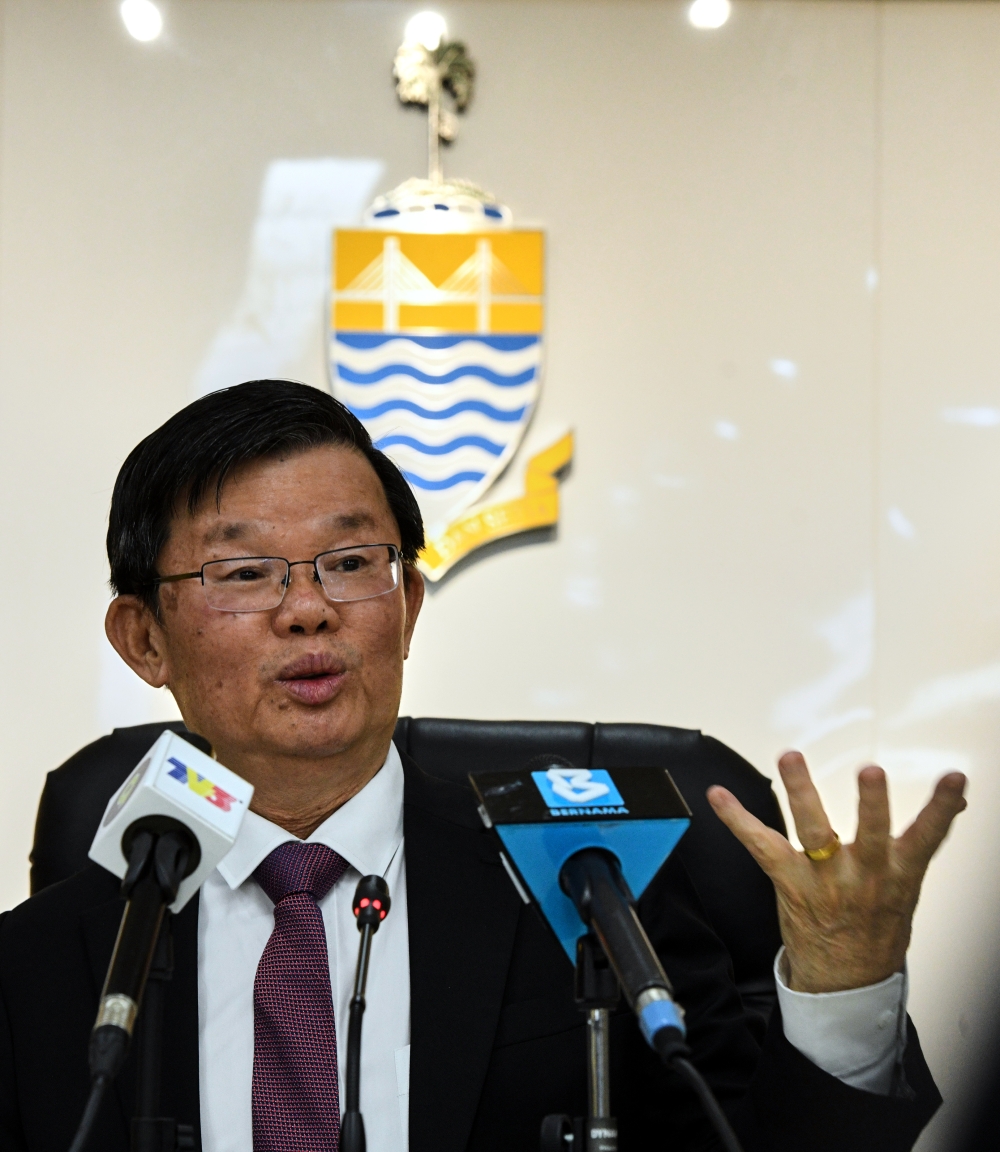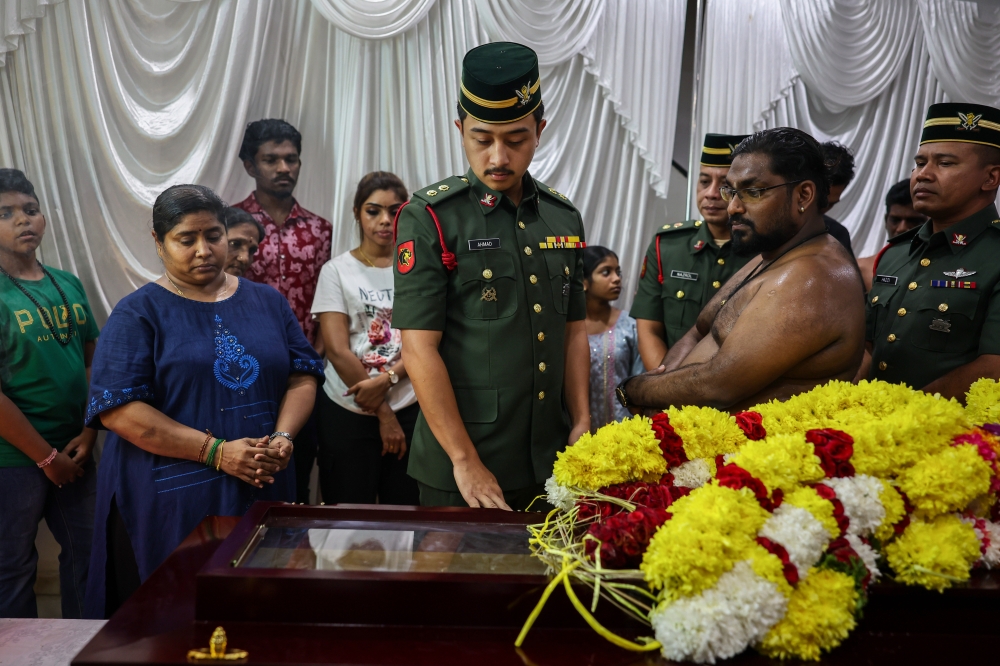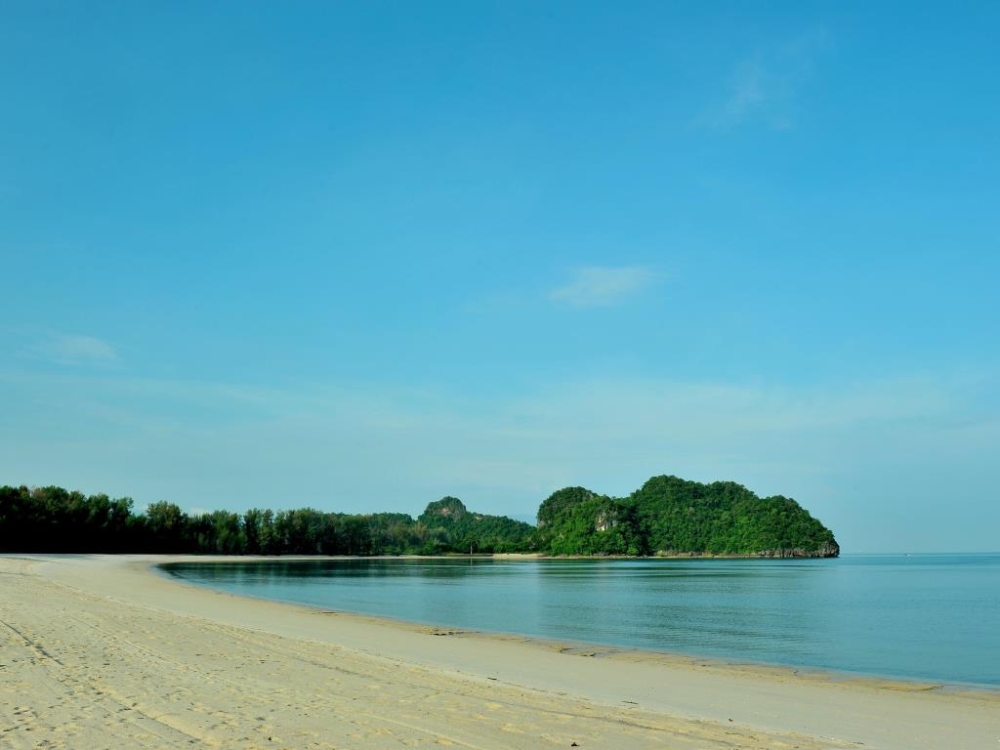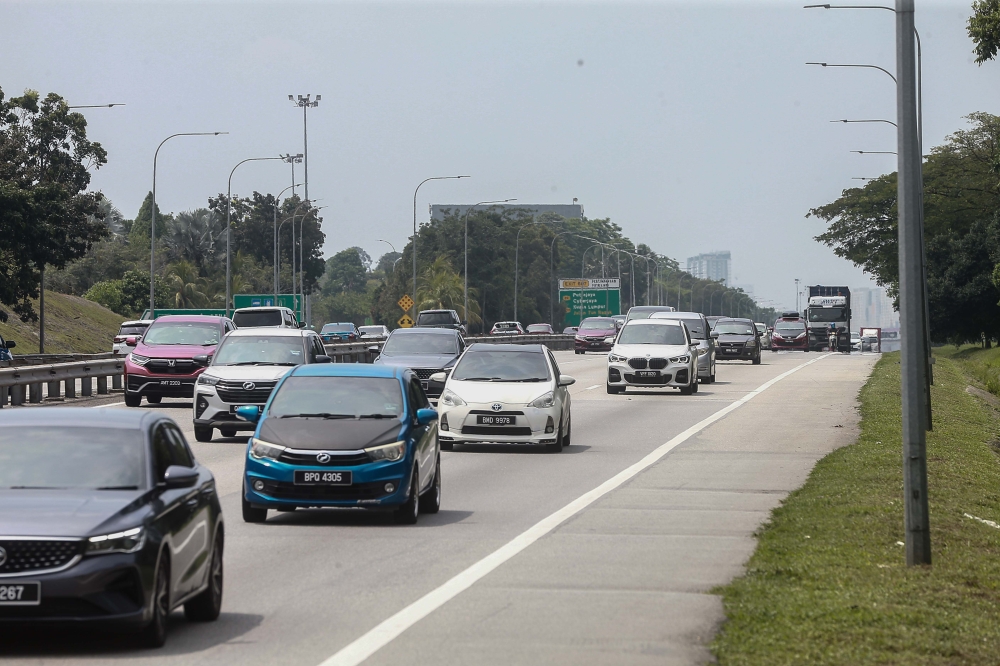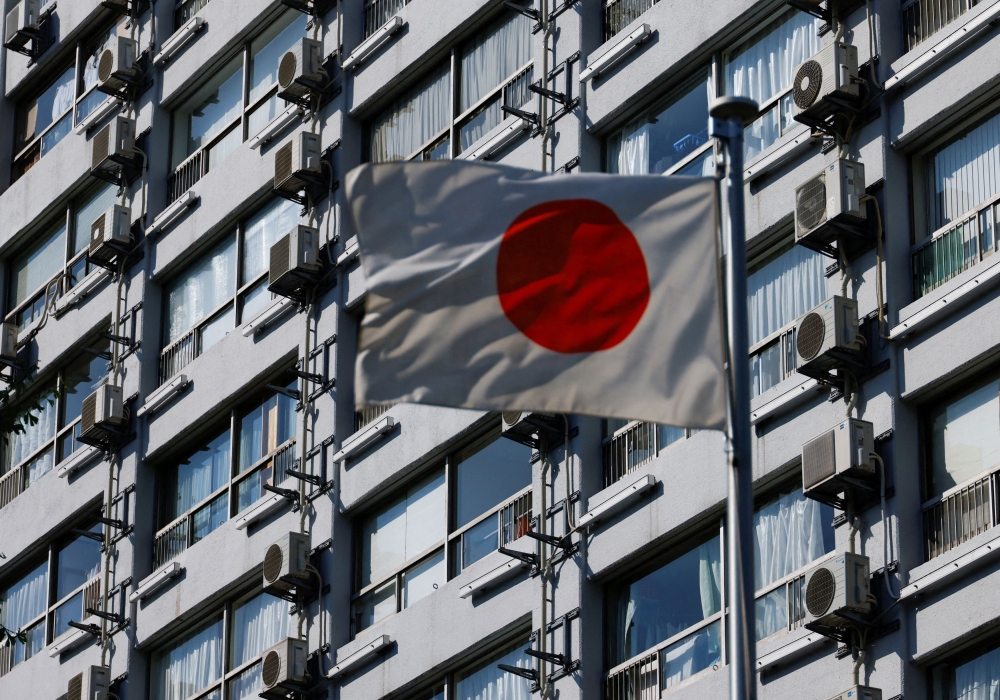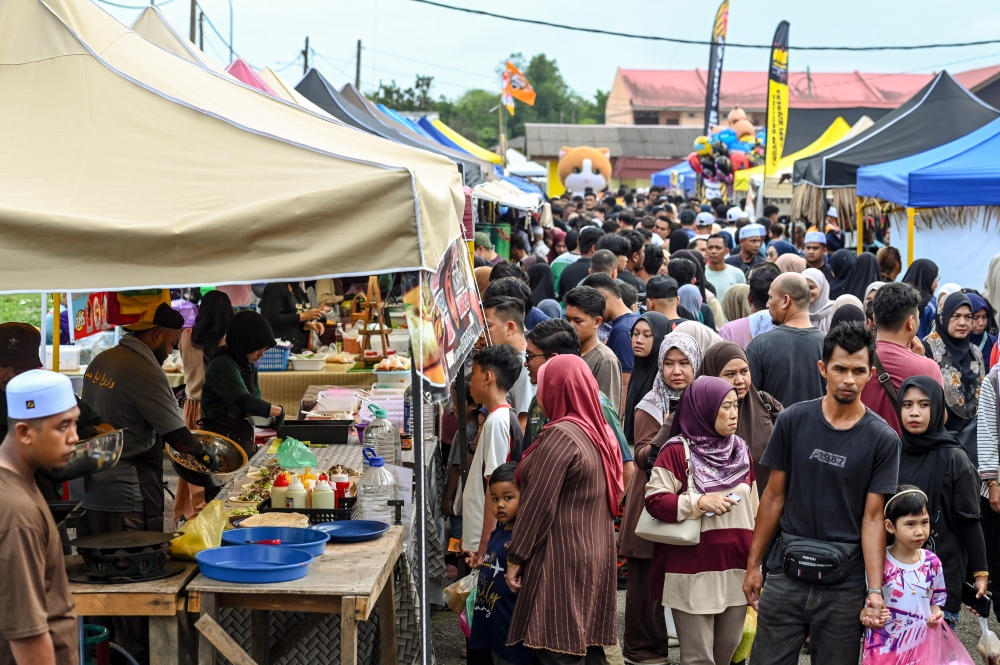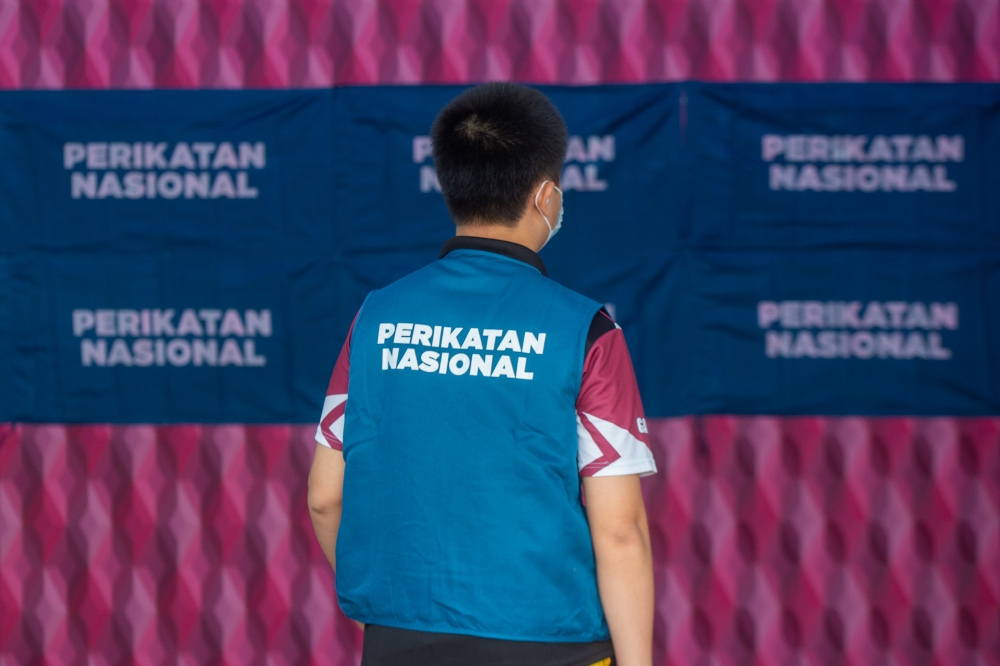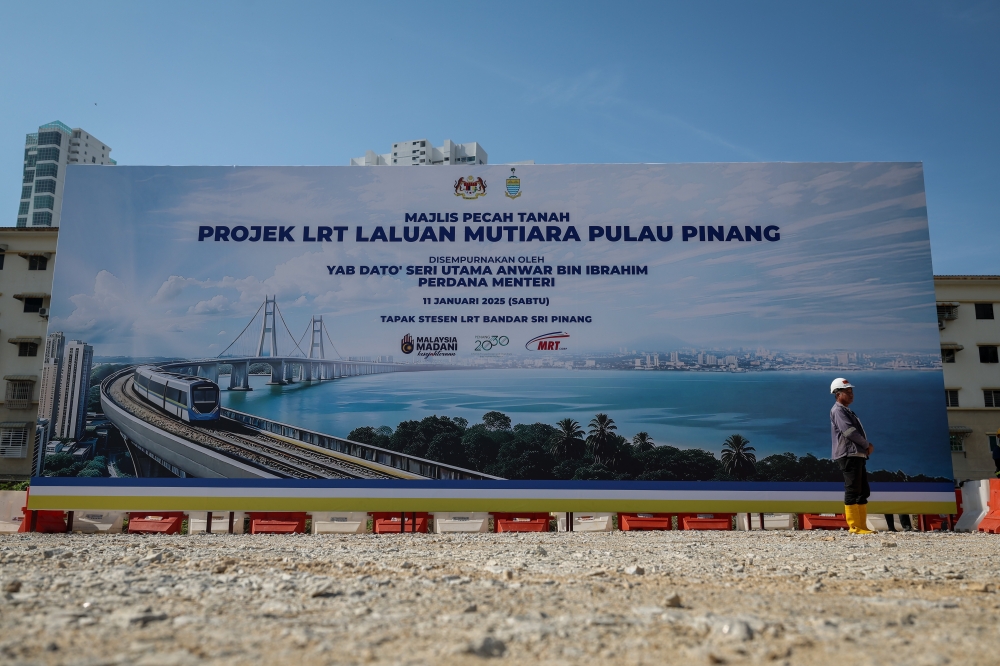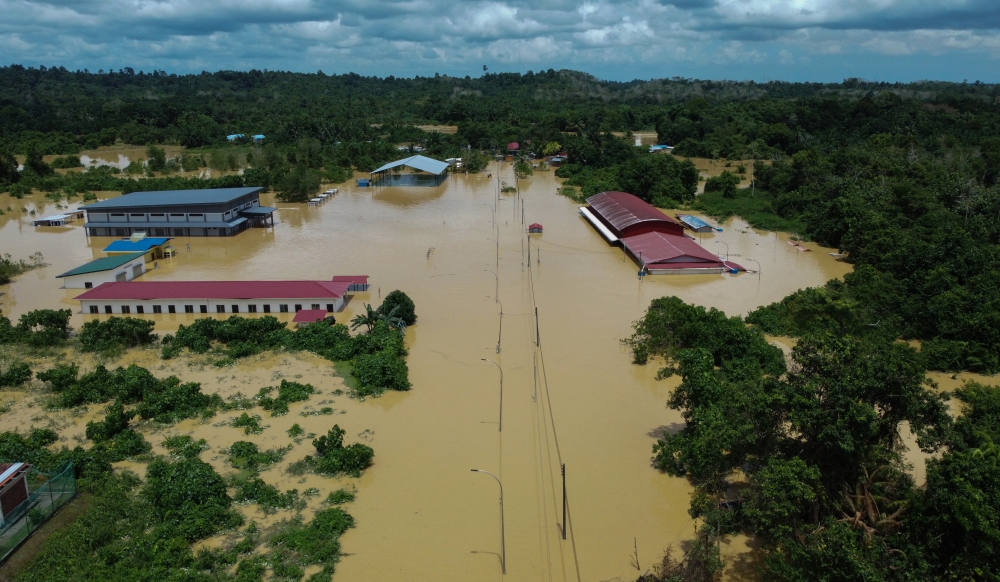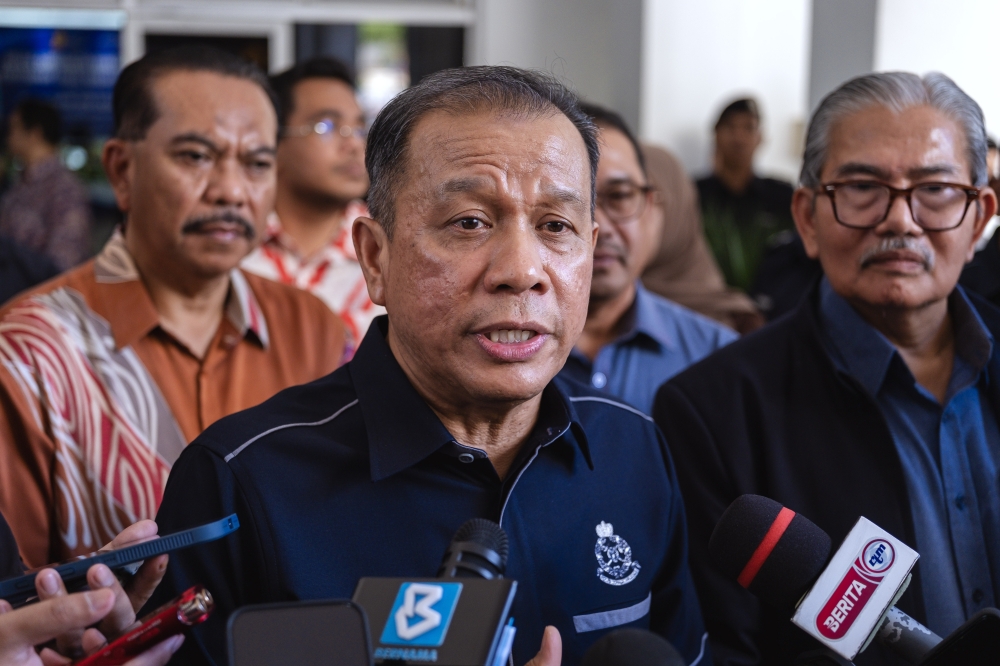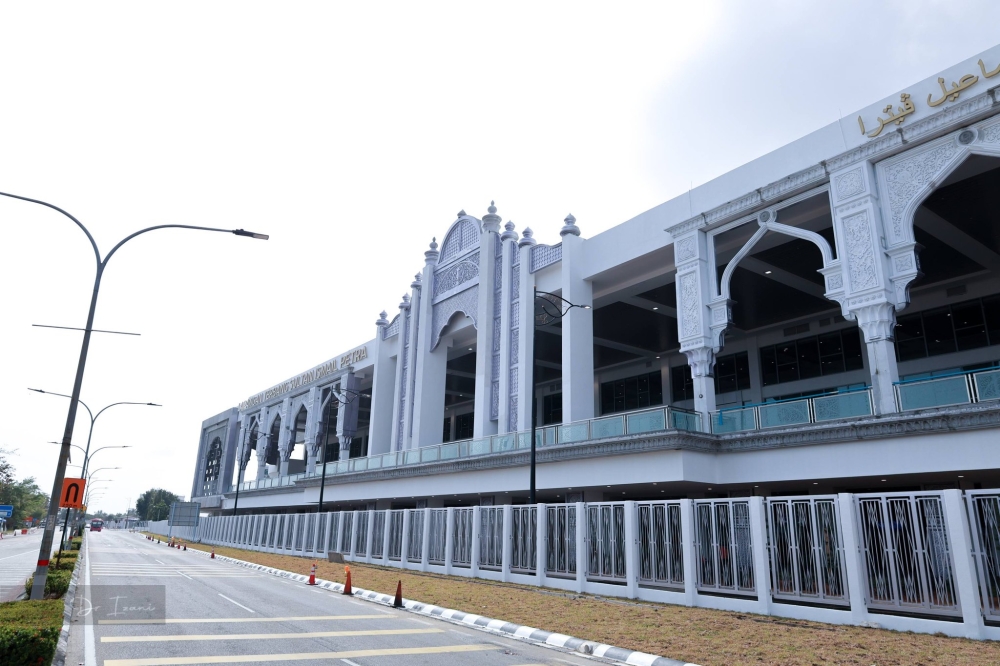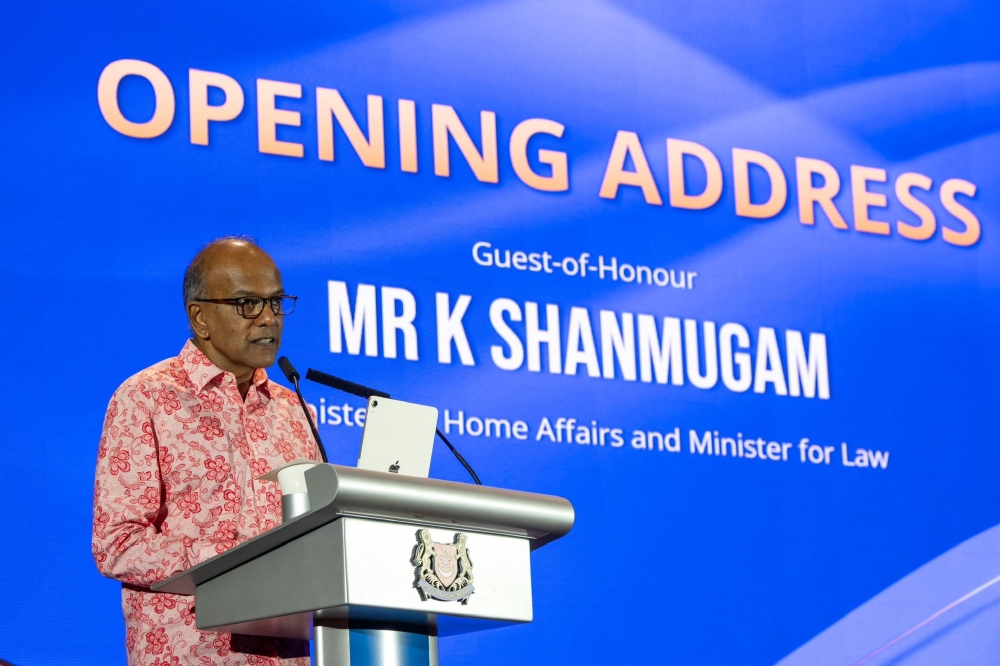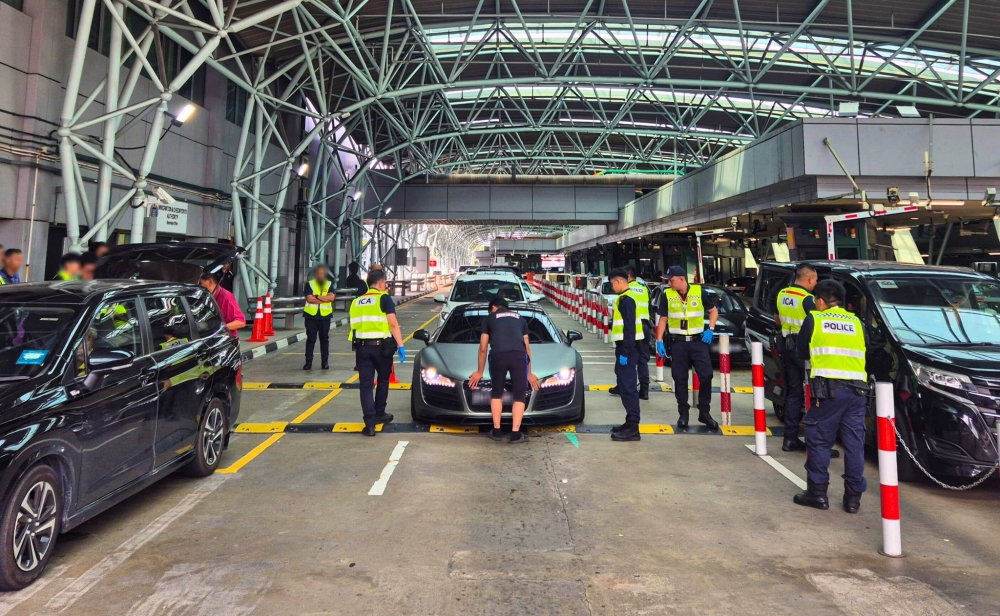SINGAPORE, April 18 – The imposition of broad US tariffs risks undermining global security by disrupting international norms and forcing countries to prioritise self-reliance, Singapore’s Home Affairs Minister K. Shanmugam reportedly said.
The Straits Times quoted Shanmugam warning that shifting away from a rules-based global order would compel nations to look inward for security.
“We don’t know whether the world, as we know, has gone permanently, or Mr Trump will have a change of heart, but it is going to be a very difficult environment and, inevitably, big countries will start giving incentives and putting up more barriers, because when the US does it, others have to do it too,” he said.
Shanmugam added that Singapore Prime Minister Lawrence Wong and other like-minded leaders were working together to preserve the global trading system despite the US’s dominant role in global consumption.
“It’s not going to replace the Americans, because as I said, they are one third of the world’s consumption.
“But some order is better than no order,” he said, referring to Wong’s remarks at the 14th S. Rajaratnam Lecture where the latter said Singapore is “not without agency” despite its size.
The law minister said he raised the issue of tariffs due to their potential to significantly impact Singapore’s economy, which in turn would affect the work of agencies such as the Singapore Police Force and the Singapore Civil Defence Force.
He warned that an economic slowdown could lead to job losses and financial distress, increasing the risk of crime.
“You must expect that economic vibrancy could be affected. Jobs are likely to be lost around the world, including Singapore, financial stress. Tailor-made for an increase in crime,” he reportedly said.
Shanmugam also noted that social tensions and public disorder could rise as economic challenges strain communities.
As a trade-dependent nation, Singapore could face greater challenges than others, potentially undermining job creation and government funding for public services, he said.
“Our ability to collect taxes, fund programmes, maintain healthcare, keep up other areas of social and public spending. It’s all going to come under pressure,” he added.

